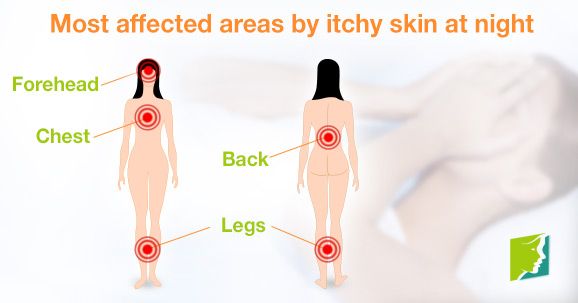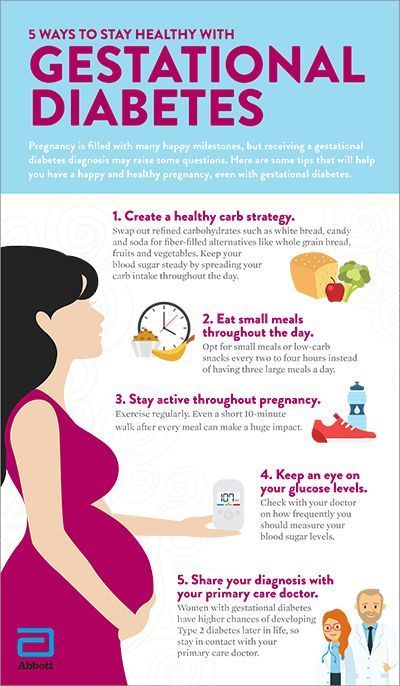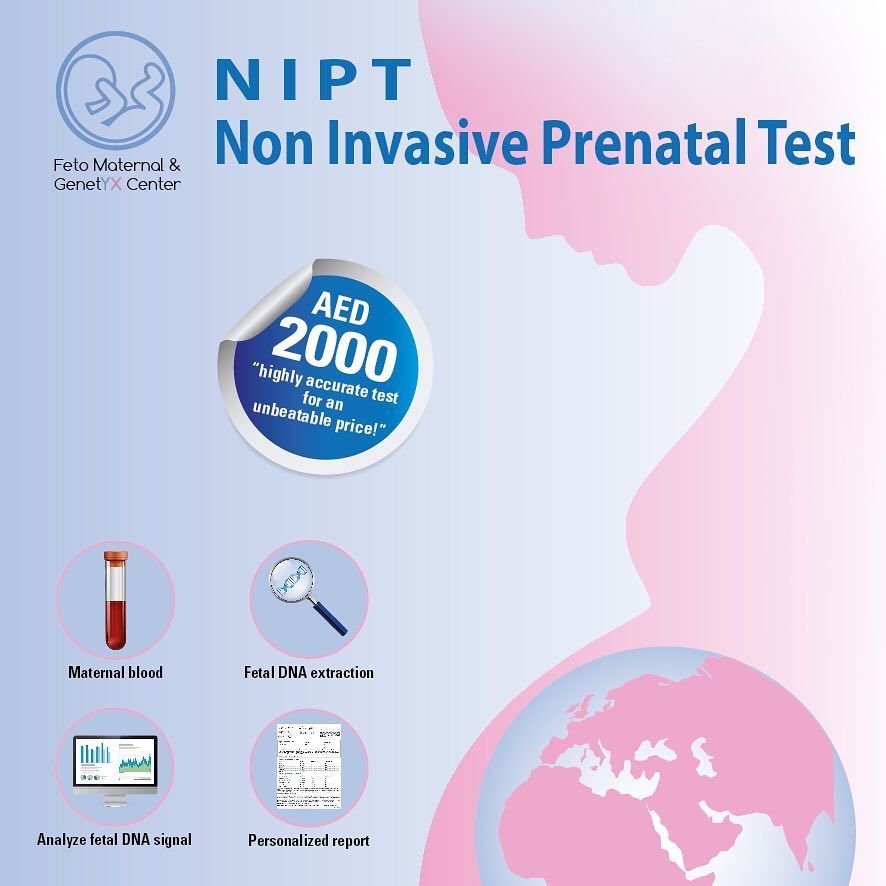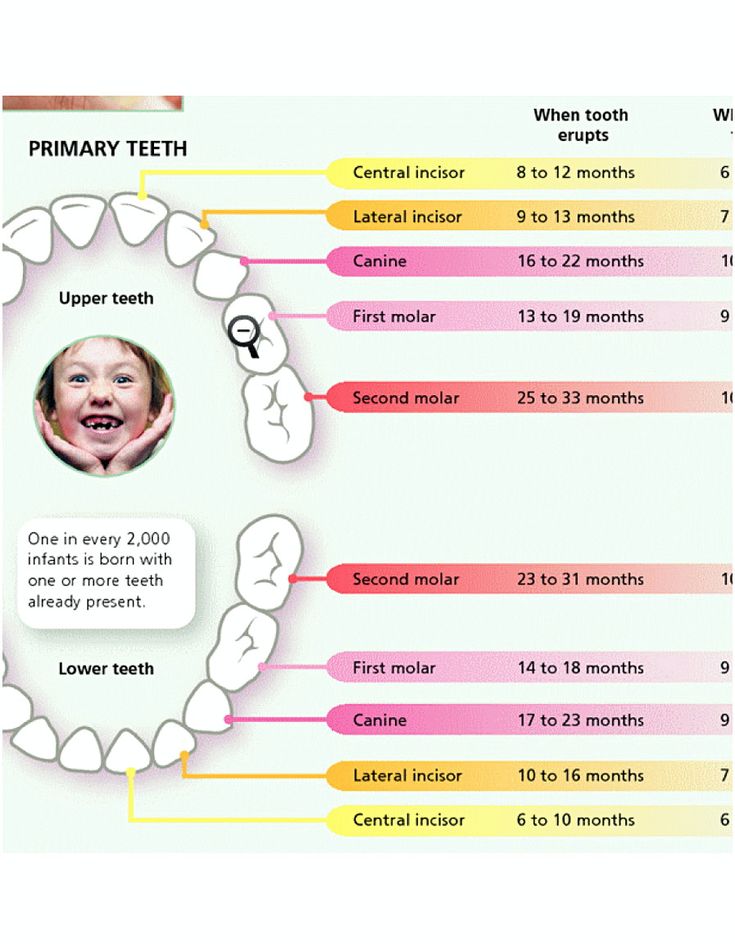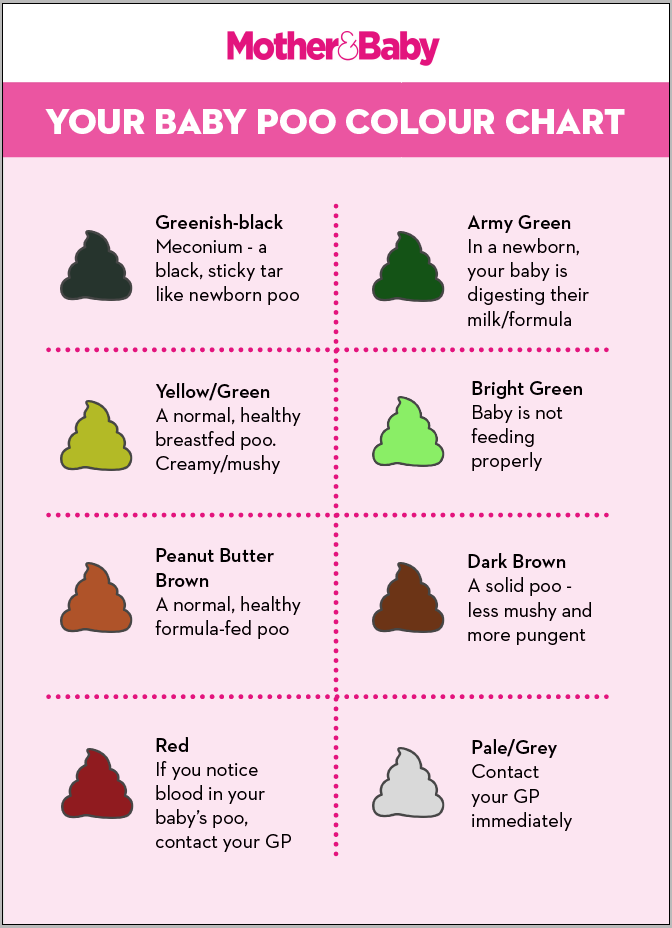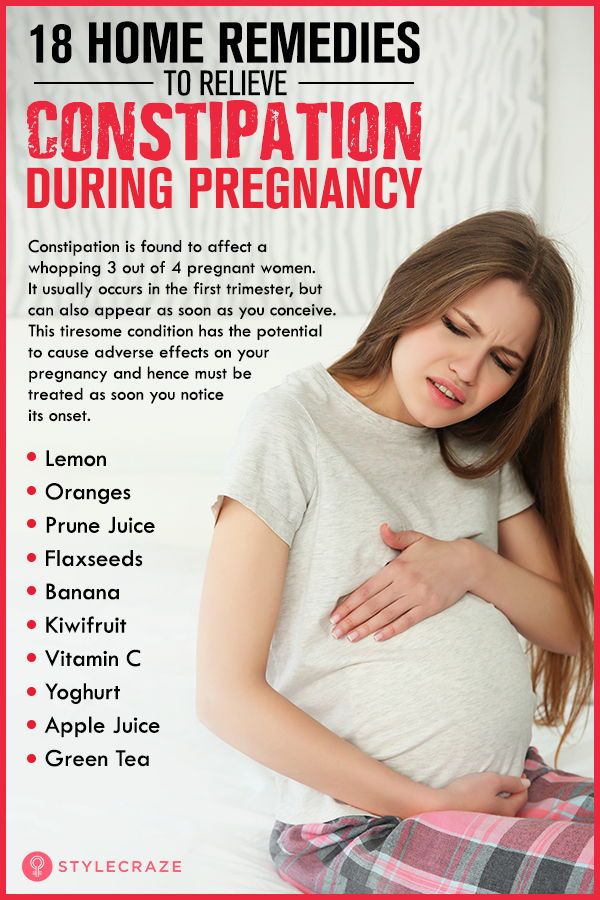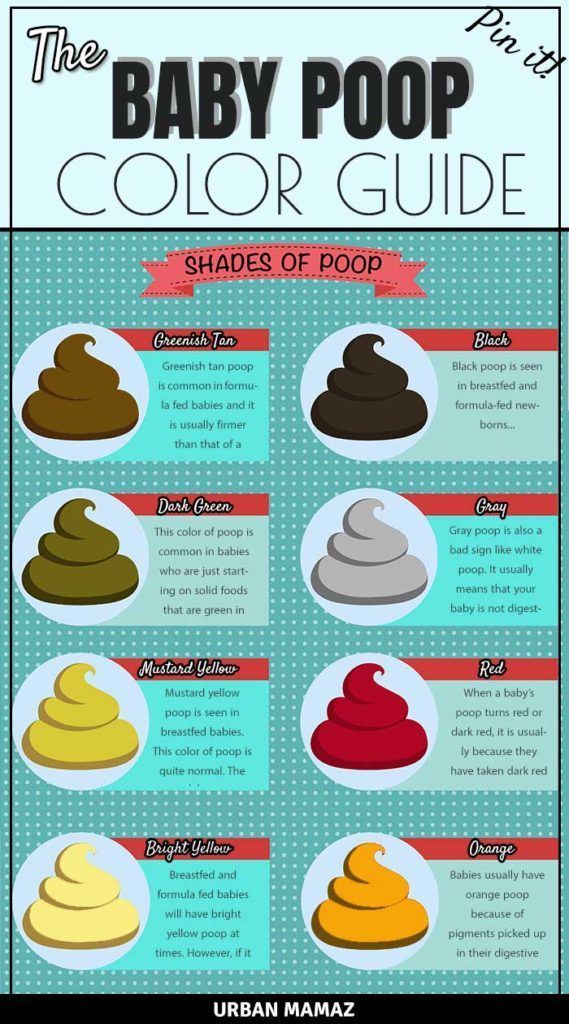Why does my body itch during pregnancy
Itching and intrahepatic cholestasis of pregnancy
Itching is common in pregnancy. Usually it's thought to be caused by raised levels of certain chemicals in the blood, such as hormones.
Later, as your bump grows, the skin of your tummy (abdomen) is stretched and this may also feel itchy.
However, itching can be a symptom of a liver condition called intrahepatic cholestasis of pregnancy (ICP), also known as obstetric cholestasis (OC).
ICP needs medical attention. It affects 1 in 140 pregnant women in the UK.
Symptoms of ICP
The main symptom is itching, usually without a rash. For many women with ICP, the itching is often:
- more noticeable on the hands and feet, but can be all over the body
- worse at night
Other symptoms can include:
- dark urine
- pale poo
- yellowing of the skin and whites of the eyes (jaundice), but this is less common
Symptoms of ICP typically start from around 30 weeks of pregnancy, but it's possible to develop the condition as early as 8 weeks.
Non-urgent advice: Call your midwife or GP if you have itching that's:
- mild or distressing, possibly worse at night
- anywhere on your body, but may be worse on the palms of your hands and soles of your feet
Feeling itchy like this can be a sign of ICP and needs to be checked.
Mild itching
Wearing loose clothes may help prevent itching, as your clothes are less likely to rub against your skin and cause irritation.
You may also want to avoid synthetic materials and opt for natural ones, such as cotton, instead. These are "breathable" and allow the air to circulate close to your skin.
You may find having a cool bath or applying lotion or moisturiser can help soothe the itching.
Some women find that products with strong perfumes can irritate their skin, so you could try using unperfumed lotion or soap.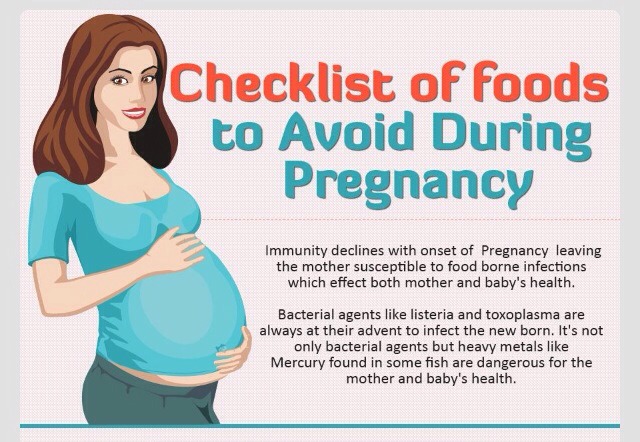
Mild itching is not usually harmful to you or your baby, but it can sometimes be a sign of a more serious condition, particularly if you notice it more in the evenings or at night.
Let your midwife or doctor know if you are experiencing itching so they can decide whether you need to have any further investigations.
Intrahepatic cholestasis of pregnancy
Intrahepatic cholestasis of pregnancy (ICP) is a potentially serious liver disorder that can develop in pregnancy.
Normally, bile acids flow from your liver to your gut to help you digest food.
In ICP, the bile acids do not flow properly and build up in your body instead. There's no cure for ICP, but it should go once you've had your baby.
ICP seems to run in families, but it can happen even if there is no family history. It is more common in women of south Asian origin, affecting around 1 in 70 to 80 pregnancies.
It is more common in women of south Asian origin, affecting around 1 in 70 to 80 pregnancies.
If you have had ICP in a previous pregnancy, you have a high chance of developing it again in another pregnancy.
Some studies have found that babies whose mothers have ICP have a higher chance of being born prematurely or stillborn.
Because of the link with stillbirth, you may be offered induction of labour. This could be any time from 35 weeks, depending on the level of bile acids in your blood.
If you have ICP, you will probably be advised to give birth in hospital under a consultant-led maternity team.
Diagnosis and treatment of ICPICP is diagnosed by excluding other causes of the itch. Your doctor will probably talk to you about your medical and family history and order a variety of blood tests.
These will include tests to check your liver function (LFT) and measure your bile acid levels (BA).
If you are diagnosed with ICP, you will have regular liver function tests so your doctor can monitor your condition.
There is no agreed guideline on how often these tests should happen, but the Royal College of Obstetricians & Gynaecologists (RCOG) and the British Liver Trust advise weekly tests.
ICP Support, the UK's largest research group investigating ICP, also recommends weekly bile acid measurements. These readings help doctors recommend when your baby should be born.
If your LFTs and bile acids are normal and you continue to have severe itching, the blood tests should be repeated every week or 2, to keep an eye on them.
Creams and medicines for ICPCreams, such as aqueous cream with menthol, are safe to use in pregnancy and can provide some relief from itching.
There are some medicines, such as ursodeoxycholic acid (UDCA), that help reduce bile acids and ease itching.
UDCA is considered safe to take in pregnancy, although it is prescribed on what is known as an "informed consent" basis as it has not been properly tested in pregnancy.
You may also be offered a vitamin K supplement. This is because ICP can affect your absorption of vitamin K, which is important for healthy blood clotting.
Most experts on ICP only prescribe vitamin K if the mother-to-be reports pale stools, has a known blood clotting problem, or has very severe ICP from early in pregnancy.
If you are diagnosed with ICP, your midwife and doctor will discuss your health and your options with you.
Further information
The Royal College of Obstetricians & Gynaecologists (RCOG) has more information about obstetric cholestasis, including what it means for you and your baby, and the treatment that's available. You can also get information about ICP from the British Liver Trust.
You can also get information about ICP from the British Liver Trust.
The charity ICP Support provides information about ICP. You can also watch their video about ICP featuring mums and clinical experts.
Community content from HealthUnlockedItching during pregnancy | Pregnancy Birth and Baby
beginning of content3-minute read
Listen
Mild itching is common in pregnancy because of the increased blood supply to the skin. As your pregnancy progresses and as your baby grows, the skin of your abdomen is stretched and this may also feel itchy.
Mild itching is usually nothing to worry about, but if the itching becomes severe it can be a sign of a serious liver condition called obstetric cholestasis.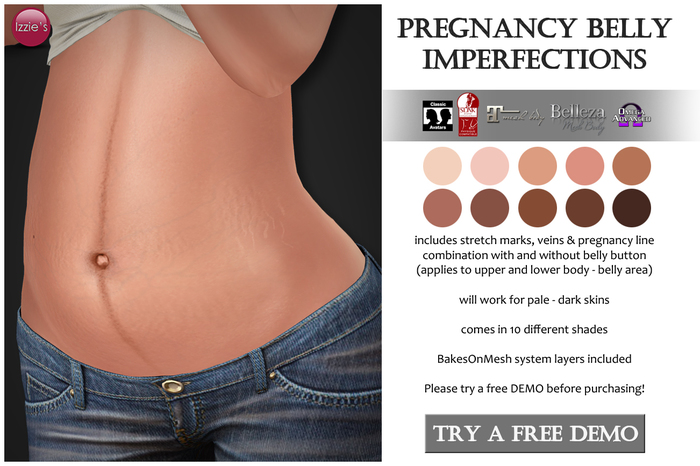 This affects fewer than 1 in 100 pregnant women, but needs medical attention.
This affects fewer than 1 in 100 pregnant women, but needs medical attention.
Mild itching
Wearing loose clothes may help prevent itching, as your clothes are less likely to rub against your skin and cause irritation. You may also want to avoid synthetic materials and choose natural fabrics such as cotton that allow the air to circulate close to your skin. You may find that having a cool bath or applying lotion or moisturiser can help to soothe the itching.
Some women find that products with strong perfumes can irritate their skin, so you could try using plain lotion or soap.
Serious itching: obstetric cholestasis
If you’re worried about your itching, or if you have severe itching, it’s important to see your midwife or doctor.
Obstetric cholestasis (OC), also called intrahepatic cholestasis of pregnancy, is a serious liver disorder that affects a small number of pregnant women, usually in the last 3 months of pregnancy.
Causes of obstetric cholestasis
The cause of OC is unclear, but it’s thought the rise of pregnancy hormones later in pregnancy may slow the normal flow of bile — the digestive fluid made in the liver that helps your digestive system break down fats.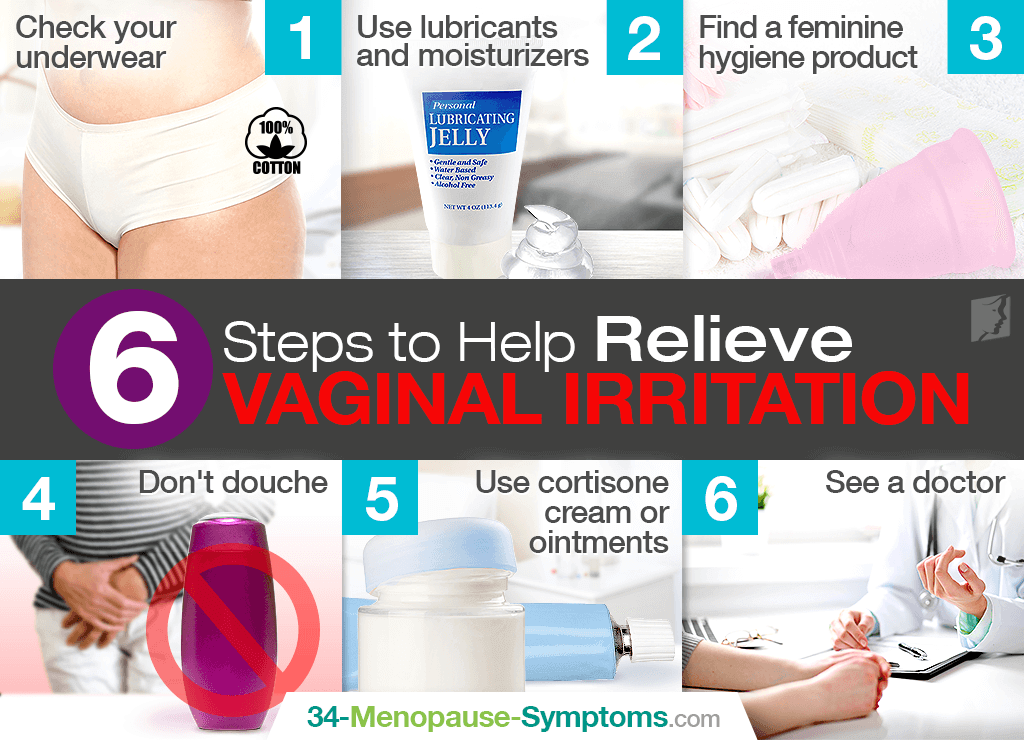 In OC, bile salts build up rather than leaving the liver, eventually entering the bloodstream, which can make you feel itchy.
In OC, bile salts build up rather than leaving the liver, eventually entering the bloodstream, which can make you feel itchy.
OC seems to run in families, although it can occur with no family history. It is also more common in women of Indian and Pakistani origin. If you have had OC in a previous pregnancy, you're more likely to develop it again in a subsequent pregnancy.
Babies of women with OC are more likely to be born prematurely or to be stillborn, or to have lung problems from breathing in meconium. Because of these complications, your doctor may consider inducing labour before you are due.
Symptoms of obstetric cholestasis
The classic symptom of OC is itching without rash, usually on the palms and soles of the feet, but it may be more widespread. The itching can be non-stop or unbearable, and worse at night.
Other symptoms include dark urine, jaundice (yellowing of the skin and whites of the eyes), and pale bowel movements (poo).
The itchiness usually goes away within a few days after giving birth.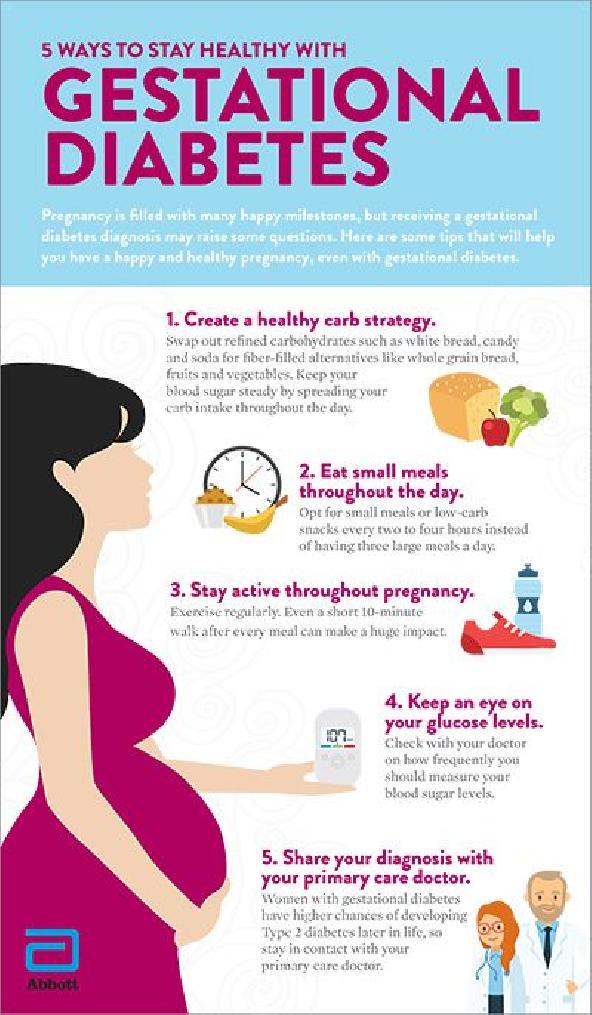
Treatment of obstetric cholestasis
OC is diagnosed through taking a medical and family history, and blood tests that check your liver function (liver functions tests — LFTs). Once OC is diagnosed, you will have regular LFTs until your baby is born, so that your doctor can monitor your condition.
Creams, such as calamine lotion, are safe to use in pregnancy and can provide some relief from itching. Your doctor may prescribe a medication to reduce bile salts and ease itching.
OC can affect your absorption of vitamin K, which is important for healthy blood clotting so you may be offered a vitamin K supplement.
If you are diagnosed with OC, your midwife and doctor will discuss your health and your options with you.
Sources:
Mayo Clinic (Cholestasis of pregnancy), NSW Health (Having a baby), Royal Women’s Hospital (Common concerns in early pregnancy), SA Health Department (Clinical guideline obstetric cholestasis), Women's and Children's Health Network (Itching in pregnancy), King Edward Memorial Hospital (Cholestasis in pregnancy - clinical guidelines)Learn more here about the development and quality assurance of healthdirect content.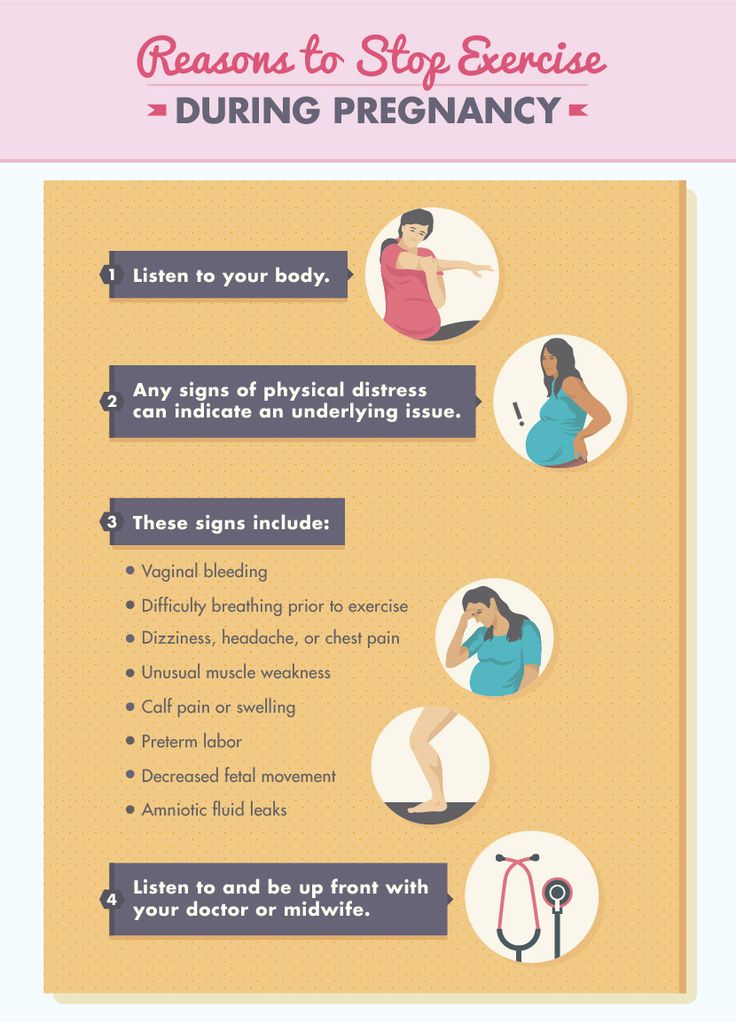
Last reviewed: November 2020
Back To Top
This information is for your general information and use only and is not intended to be used as medical advice and should not be used to diagnose, treat, cure or prevent any medical condition, nor should it be used for therapeutic purposes.
The information is not a substitute for independent professional advice and should not be used as an alternative to professional health care. If you have a particular medical problem, please consult a healthcare professional.
Except as permitted under the Copyright Act 1968, this publication or any part of it may not be reproduced, altered, adapted, stored and/or distributed in any form or by any means without the prior written permission of Healthdirect Australia.
Support this browser is being discontinued for Pregnancy, Birth and Baby
Support for this browser is being discontinued for this site
- Internet Explorer 11 and lower
We currently support Microsoft Edge, Chrome, Firefox and Safari.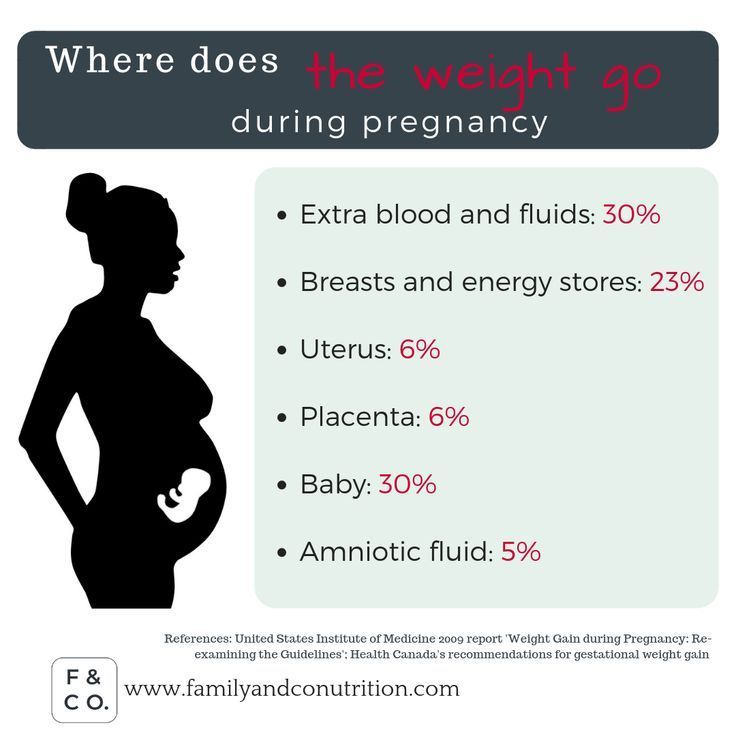 For more information, please visit the links below:
For more information, please visit the links below:
- Chrome by Google
- Firefox by Mozilla
- Microsoft Edge
- Safari by Apple
You are welcome to continue browsing this site with this browser. Some features, tools or interaction may not work correctly.
Why does the skin itch during pregnancy?
Skin itching during pregnancy is not a very common phenomenon. Most often, the skin begins to itch unbearably (as after mosquito bites) in the evening, closer to night, which can provoke insomnia and generally worsen a woman’s mood. Usually itching does not harm the baby and goes away after childbirth. However, it is still worth consulting with a gynecologist and dermatologist.
What does it come from? nine0005
The cause of itching during pregnancy in most cases is a violation of the liver: the production and outflow of bile, a general increase in the level of bilirubin in the blood. This is due to a hormonal failure in the body of the future mother - a violation of the synthesis of estrogens, as well as due to fetal pressure on the bile ducts. The fatty acids produced in large quantities enter the woman's skin with the bloodstream and irritate the nerve endings, causing excruciating itching. Similar phenomena associated with stagnation of bile in the body can make themselves felt in the third trimester of pregnancy. Sometimes itching is accompanied by such dangerous diseases as diabetes mellitus. nine0003
This is due to a hormonal failure in the body of the future mother - a violation of the synthesis of estrogens, as well as due to fetal pressure on the bile ducts. The fatty acids produced in large quantities enter the woman's skin with the bloodstream and irritate the nerve endings, causing excruciating itching. Similar phenomena associated with stagnation of bile in the body can make themselves felt in the third trimester of pregnancy. Sometimes itching is accompanied by such dangerous diseases as diabetes mellitus. nine0003
Who is predisposed?
Itching during pregnancy is usually observed in women with chronic diseases of the biliary tract and with high levels of cholesterol in the blood. Such future mothers need to regularly (at least once a month) do a biochemical blood test to exclude toxic effects on liver cells.
How to fight?
A pregnant woman should tell her gynecologist about the discomfort associated with skin itching. In some cases, itching can be a sign of the development of such a dangerous disease as hepatitis. The doctor will conduct appropriate examinations. If, according to an objective examination, itching does not pose any danger, it is often possible to get rid of discomfort simply by following a diet aimed at lowering cholesterol levels, limiting the intake of fatty, spicy and salty foods that prevent the liver from coping with the function of bile secretion, as well as drinking plenty of water - it is necessary to eliminate dry skin. If the diet does not help, the doctor may prescribe choleretic drugs suitable for pregnant women. nine0003
In some cases, itching can be a sign of the development of such a dangerous disease as hepatitis. The doctor will conduct appropriate examinations. If, according to an objective examination, itching does not pose any danger, it is often possible to get rid of discomfort simply by following a diet aimed at lowering cholesterol levels, limiting the intake of fatty, spicy and salty foods that prevent the liver from coping with the function of bile secretion, as well as drinking plenty of water - it is necessary to eliminate dry skin. If the diet does not help, the doctor may prescribe choleretic drugs suitable for pregnant women. nine0003
It is important to find the cause of the bothersome itching, eliminating a whole group of skin diseases that can occur during pregnancy.
Itching in the abdomen and chest
This itch is worth mentioning separately. As a rule, the skin on the abdomen or chest itches in the second and third trimesters due to its stretching, because it is these parts of the body that increase in volume during pregnancy.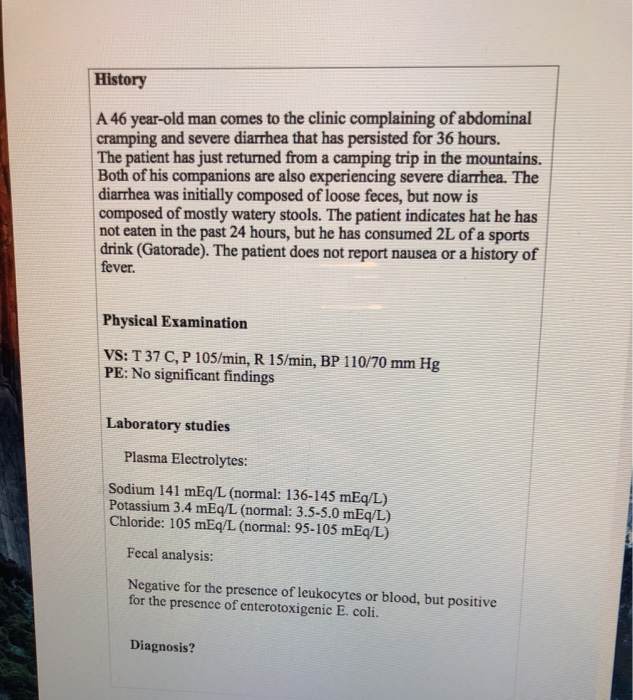 In this case, it is very important not to scratch the skin - this will lead to the appearance of stretch marks, which, unlike itching, will not go away after childbirth. Regularly use moisturizing creams, special products for stretch marks, do a light massage of the chest and abdomen with circular movements of your fingers and do not take hot showers. nine0003
In this case, it is very important not to scratch the skin - this will lead to the appearance of stretch marks, which, unlike itching, will not go away after childbirth. Regularly use moisturizing creams, special products for stretch marks, do a light massage of the chest and abdomen with circular movements of your fingers and do not take hot showers. nine0003
You can get answers to any questions about pregnancy and childbirth from leading EMC experts in the classes of the School of Moms.
Subscribe to our Instagram. You will find useful information about pregnancy and childbirth from leading EMC obstetricians and gynecologists.
What helps against itching during pregnancy. Why does the body often itch during pregnancy? Skin itching during pregnancy
Maria Sokolova
Reading time: 9minutes
A AND
Many pregnant women are familiar with annoying skin itching, when the stomach, chest, back, or the whole body can itch. But do not think that these are just the whims of a pot-bellied organism.
But do not think that these are just the whims of a pot-bellied organism.
Itching in a pregnant woman can be a symptom of a disease that is dangerous for the health of mother and baby, and it is very important to find out the causes of itching in a timely manner, and, of course, from a doctor.
Main causes of pruritus during pregnancy
In order to understand this phenomenon, it is necessary to consider its nature.
In most cases, it comes from the constant changes in the woman's body.
- The first reason is stretching of the skin. In this case, itching occurs at the end of pregnancy, in the third trimester. Moreover, the likelihood of its occurrence increases if a woman bears more than one child - after all, in the last months, the skin of the abdomen is stretched to such an extent that it shines like grated watermelon. This tension causes itching. Read also:
- For the same reason, the chest can also itch, because it also grows.
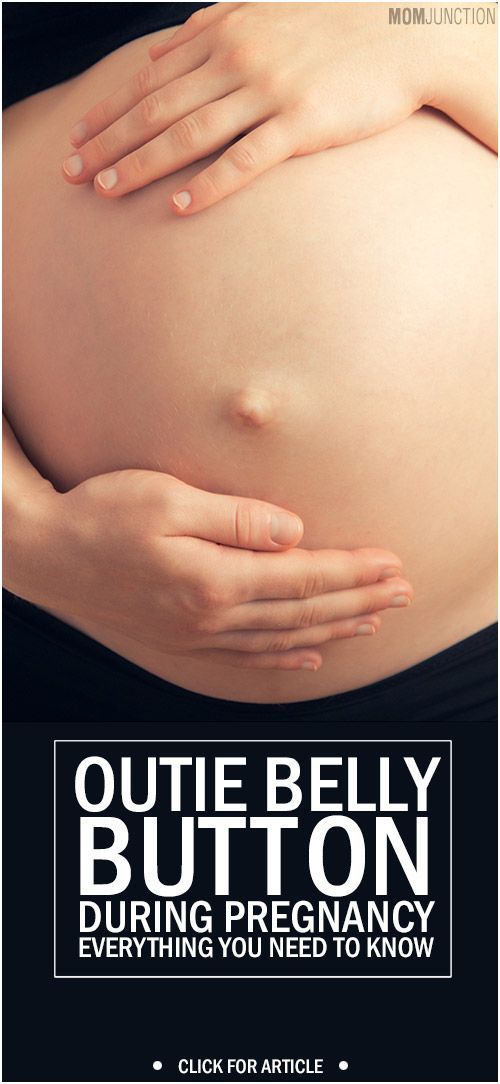 Only, unlike the abdomen, changes in the mammary glands occur in the first trimester, and itching appears at the same time as toxicosis.
Only, unlike the abdomen, changes in the mammary glands occur in the first trimester, and itching appears at the same time as toxicosis.
- Allergies can also cause itchy skin. It is no secret that during pregnancy the general sensitivity of the body increases, and the skin may begin to itch from the eaten berries, oranges, peanuts or chocolate. It is also possible the appearance of an allergy to household chemicals and cosmetics. Therefore, for the expectant mother, you need to choose exclusively hypoallergenic products, and even better - designed specifically for pregnant women or for babies. Read also:
- . Itching is known to be one of the main symptoms of cholecystitis, hepatitis and cholecystic pancreatitis. It was then that the whole body itched in a pregnant woman - legs, arms, back, stomach, neck, fingers and feet. Itching is worse at night and is contagious. First, one part of the body begins to itch, then the rest, and in the end, the whole body is covered with itching.
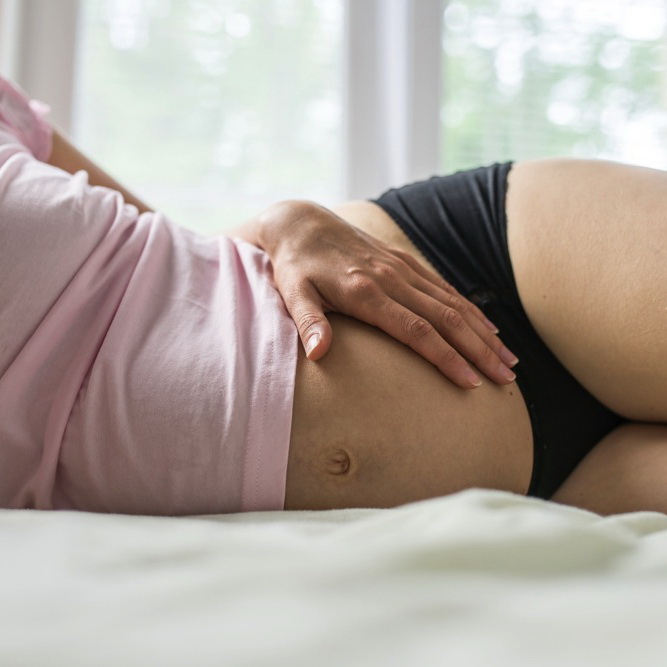 In attacks of such scabies, you can comb the skin to the blood, and infect the wounds. nine0062
In attacks of such scabies, you can comb the skin to the blood, and infect the wounds. nine0062
- Itching can be caused by hormones. This is due to estrogens, which are secreted in sufficient quantities during pregnancy. A special difference is that hormonal itching is not "manic" in nature, as in the previous case, and disappears after childbirth.
- The penultimate cause is skin diseases, such as eczema or scabies. Moreover, dermatological diseases are characterized by severe itching in the skin folds and between the fingers and toes. If a woman had skin problems before pregnancy, then during this difficult period, there is a high probability that they will only intensify. nine0062
- Itching of the genitals can be caused by thrush. This is not a rare disease of pregnant women, which is why gynecologists monitor the microflora of the vagina so closely and take tests for culture at almost every appointment.

Don't miss a serious illness!
As mentioned above, the most serious disease that causes itching is malfunction of the liver .
So, if a pregnant woman begins to suffer from manic scabies, which intensify at night and become stronger and stronger, then you need to immediately consult a doctor!
- In a hospital, possibly in a hospital, they will make a pregnant woman ultrasound of the abdominal cavity, they will take all the necessary tests and determine if there is a danger of cholecystitis. In the most tragic case, even an emergency delivery or an unplanned caesarean section is possible because of the danger to the health of the child.
- Remember that in any case, itching is already a reason to contact your doctor. The doctor should examine you for all diseases that can cause it and prescribe drugs that block this restless syndrome. After all, painful pregnant scabies, at least, unnerves the expectant mother, which in itself is very undesirable.
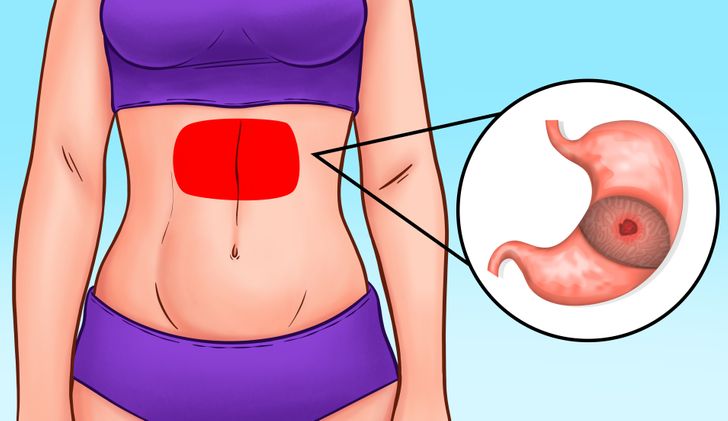 nine0062
nine0062
What should I do if my body itches during pregnancy?
Remember that do not self-medicate during pregnancy - this can lead to complications. Do not harm yourself and your unborn child - always consult a doctor for adequate treatment.
- Take a shower. Hot water aggravates the itching, cold water relieves it. And this means that in the evening you can perform cool water procedures. nine0063
- Follow a hypoallergenic diet. Since the pregnant body becomes very susceptible to dangerous foods, it is worth eliminating potential allergens from your diet. Forget about oranges, honey and chocolate. Eat right, healthy food - and don't forget about.
- Use special moisturizing creams for breasts and abdomen. They will at least slightly relieve the load of stretching from the skin, causing the itching to subside. nine0062
- If the cause is bile stasis, then strong adsorbents, such as activated charcoal, can help .
 But you should know that taking any medication, even the most harmless, is necessary only with the permission of a doctor!
But you should know that taking any medication, even the most harmless, is necessary only with the permission of a doctor! - Stress, nervous tension. Itching for these reasons usually occurs at night.
- Stretching of the skin due to a growing belly.
- Multiple pregnancy. nine0062
- Significant weight gain.
- Due to dry skin caused by dehydration.
- Changes in the hormonal background - the skin loses firmness and elasticity, as the production of elastin and collagen in the body decreases.

- Skin diseases.
- Pathology of internal organs.
- due to regular wearing of synthetic underwear, thongs;
- regular use of scented panty liners;
- overheating or cooling of the pelvic organs;
- when using alkaline antibacterial personal care products;
- due to colpitis - inflammation of the vaginal mucosa; nine0062
- for genital herpes, etc.
- Stretch marks on the abdomen and chest.
- Severe dry skin.
- Eruption of the chest, abdomen, arms or legs.
- Discoloration of the skin and sclera, their yellowing.
- Darkening of urine.
- Abdominal and breast enlargement.
- Excessive dry skin.
- Vitamin deficiency.
- Allergy.
- Skin diseases.
- Diseases of the liver and biliary tract.
- Kidney damage.
- Various dermatitis.
- Dermatoses.
- Eczema.
- Fungal infection of the skin.
- Scabies.
- Skin itching.
- Increased levels of bile acids.
- The disappearance of all symptoms after the appearance of the child. nine0062
During pregnancy, even the slightest change in how you feel is extremely important. After all, at stake - the life and health of the unborn child .
Therefore, be attentive to your feelings and do not hesitate to contact the doctor! nine0042
Itching is a mild pain sensation that is transmitted through pain receptors. It is caused by weak stimuli that cannot be recognized by the nervous system. Such sensations are either localized in a certain area, or spread throughout the body.
Itching during pregnancy may occur due to polymorphic dermatosis of pregnancy, when a rash appears on the thighs and abdomen of a woman. This condition is not dangerous, so it is enough to smear the affected areas with special ointments and creams against stretch marks. This itching usually disappears after childbirth.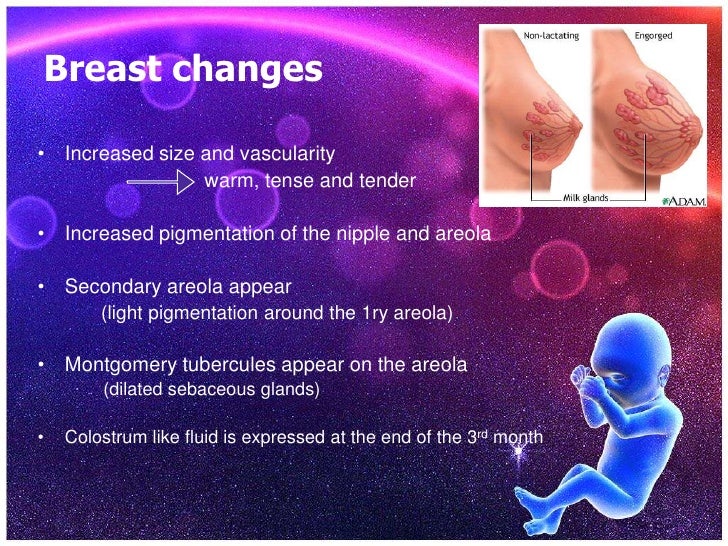 During pregnancy, itching can appear on any part of the skin, and on the mucous membranes. Often it is explained by the growth of the abdomen in a woman and appears due to stretch marks. In the fight against it, you need to use oils. nine0003
During pregnancy, itching can appear on any part of the skin, and on the mucous membranes. Often it is explained by the growth of the abdomen in a woman and appears due to stretch marks. In the fight against it, you need to use oils. nine0003
Itching may also occur in the vagina. It can be caused by increased production of vaginal secretions, and this provokes the revival and development of harmful fungi and microorganisms. Unpleasant itching can be caused by thrush. Genital infections are dangerous to the fetus.
Causes of itching during pregnancy
If a pregnant woman experiences itching and burning in the vagina and in the external genital organs, it means that inflammatory processes occur in the body or infectious diseases develop. This should be cause for concern, as the fetus may suffer due to infections of the genitourinary system. It is urgent to be examined and treated. nine0003
In addition to infections, venereal diseases, thrush, the cause of itching is a change in the acid-base balance of the mucosa. It happens:
Other reasons: prolonged use of antibiotics, the development of diabetes, iron deficiency in the body.
Most often itching is localized on the back, abdomen and soles. It is important to timely recognize the itching caused by hormonal changes and distinguish it from the one that causes scabies.
Itching is often explained by inflammatory or allergic reactions, when histamine, a biologically active substance that irritates nerve endings, appears in the skin of the expectant mother. It causes tissue swelling, which is manifested by swelling, redness of the skin, increased blood flow to the inflamed area. nine0028 Due to the pathology of the liver and biliary tract, bilirubin and bile acids are deposited in the skin, and this also provokes itching.
This feeling during pregnancy is a protective reaction of the body to a skin irritant. When it occurs, a scratching reflex appears, due to which cracks, scratches, redness, and inflammation appear on the skin. This can provoke penetration into the skin of a secondary infection, and with it tissue swelling, ulcers and cracks.
Symptoms of itching may indicate the initial stage of a skin disease. If, for example, it appears on the elbows, knees, skin folds, this can be the first signs of eczema against the background of physiological, hormonal factors that accompany pregnancy. nine0003
All this should make the woman anxious and seek medical attention. Self-medication is dangerous.
Thrush and candidiasis are common in pregnant women. Itching, burning in the genitals - one of their main manifestations. They should be treated immediately.
To temporarily eliminate unpleasant symptoms at home, you can make warm baths of mint, sage, oak bark, chamomile; observe hygiene, exclude toilet soap, synthetic underwear; adjust nutrition by excluding salty, spicy, etc. nine0003
Treatment of itching during pregnancy
Therapy for itching depends on the causes of its occurrence. If it is mild, then the doctor advises the expectant mother to change her underwear, which should be made only from natural fabric. It is necessary to limit the use of household chemicals, perfumes, cosmetics. You should use hypoallergenic products, often shower without soap, and then moisturize the skin with neutral creams.
It is necessary to limit the use of household chemicals, perfumes, cosmetics. You should use hypoallergenic products, often shower without soap, and then moisturize the skin with neutral creams.
The most important thing: the itchy place should not be combed at all in order to avoid increased discomfort, irritation, redness. nine0028 If itching is caused by disturbances in the functioning of internal organs, then treatment should be carried out under the supervision of a specialist after tests and a medical examination.
If the cause of itching is a malfunction of the liver, one should take adsorbents (activated charcoal) and hepatoprotectors - drugs that restore liver function: No-shpu, Essentiale Forte, Karsil.
Nutrition should be adjusted if prescribed - take antihistamines (from mid-pregnancy). nine0003
A desired pregnancy is a wonderful period in the life of every woman. In the body of the expectant mother, many changes occur, it is completely rebuilt, and therefore often, almost before the very birth, there is such a nuisance as itching during pregnancy.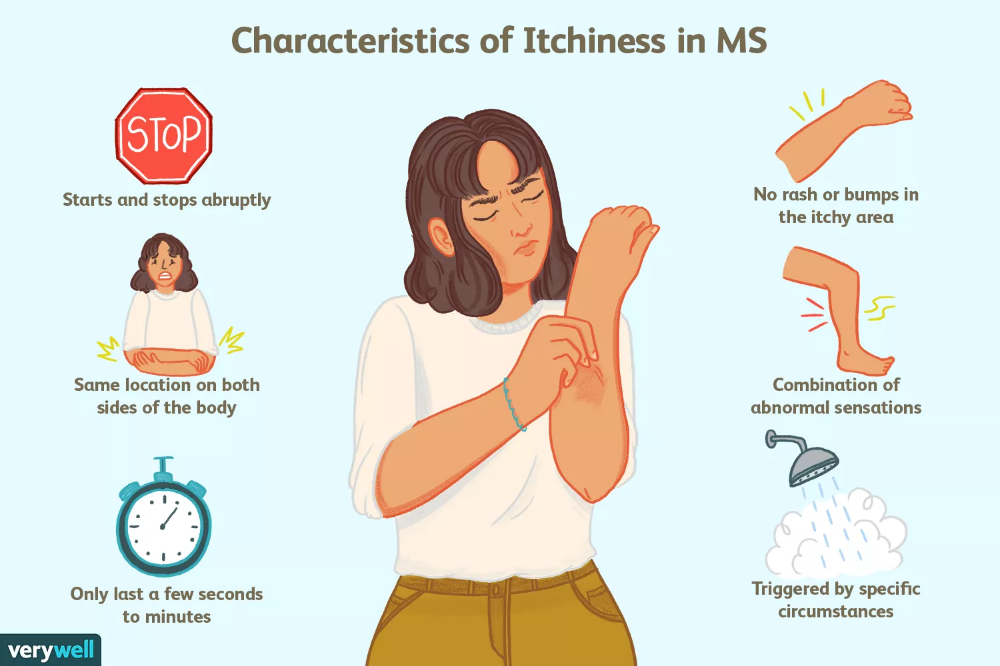 Sometimes the whole day passes quietly, but as soon as you go to bed in the evening, these unpleasant sensations begin. Itching during pregnancy often signals that the liver is under heavy load, and this body does not fully cope with its "duties". Itching can be mild, or it can be exhausting for a woman. Itchy feet, palms, stomach and back. Most often, itching during pregnancy appears due to excessive dryness of stretched skin, stress on the excretory system (especially the liver and gallbladder) and dehydration. nine0003
Sometimes the whole day passes quietly, but as soon as you go to bed in the evening, these unpleasant sensations begin. Itching during pregnancy often signals that the liver is under heavy load, and this body does not fully cope with its "duties". Itching can be mild, or it can be exhausting for a woman. Itchy feet, palms, stomach and back. Most often, itching during pregnancy appears due to excessive dryness of stretched skin, stress on the excretory system (especially the liver and gallbladder) and dehydration. nine0003
Why does itching occur during pregnancy? Hormonal changes, increased dryness of the skin, and allergic reactions may be the cause. Sometimes you just have to change cosmetics and laundry detergent - and the allergy recedes. Itching occurs most often in women prone to the formation of moles and age spots, as well as contact dermatitis. With repeated pregnancies, such problems are exacerbated.
How to overcome itchy skin during pregnancy? It is necessary to purchase a special cream or lotion for pregnant women, such products perfectly soothe the skin. Cold compresses or skin lotions with antihistamines can also help. Clothing should be bought only from natural fabrics, as synthetics additionally irritate the skin. Let there be fewer things in your wardrobe, because clothes made from natural materials are more expensive, but they will be of high quality and will not harm health and beauty. Jewelry can also irritate the skin, so it is better to remove all gold and bracelets, etc. during pregnancy. nine0003
Cold compresses or skin lotions with antihistamines can also help. Clothing should be bought only from natural fabrics, as synthetics additionally irritate the skin. Let there be fewer things in your wardrobe, because clothes made from natural materials are more expensive, but they will be of high quality and will not harm health and beauty. Jewelry can also irritate the skin, so it is better to remove all gold and bracelets, etc. during pregnancy. nine0003
Hot baths or showers are not recommended for skin problems. Soap - only without fragrances and for sensitive skin. After washing, be sure to moisturize the skin with special products. Drinking plenty of water also has a beneficial effect on the condition of the skin. Everything fatty, smoked, sweet and spicy should be excluded from the daily menu, but dairy products, vegetables and fruits (but not red ones), eggs and cereals should become "friends" in the daily diet. It will help to cope with such a nuisance as itchy skin, it will remove all unnecessary from the body, eliminate toxins. nine0003
nine0003
Itching during pregnancy can be relieved a little by adding burdock to a bath or decoction while bathing. You can buy these bathing products at any pharmacy.
Pregnant women should be vigilant about their health and watch for itching after eating any food, especially if it is a new food in the diet. Usually pregnant women like to treat themselves to something new and start trying Mediterranean cuisine or seafood. Such products can easily cause itching, so during pregnancy it is better to refuse them, postponing the “acquaintance” to a later date - after the baby is born and breast-fed. nine0003
You cannot use medications on your own, so a pregnant woman should definitely contact an allergist-immunologist for a consultation. Only a specialist, having collected a history of the disease and based on the results of an examination or allergy tests, will decide how to treat it, because many antihistamines are potent and can harm mother and baby.
And in conclusion, of course, I would like to wish all pregnant women an easy delivery and peaceful nights after the birth of the long-awaited baby! nine0003
Such a wonderful time for a woman as pregnancy, waiting for her baby is often spoiled by various ailments.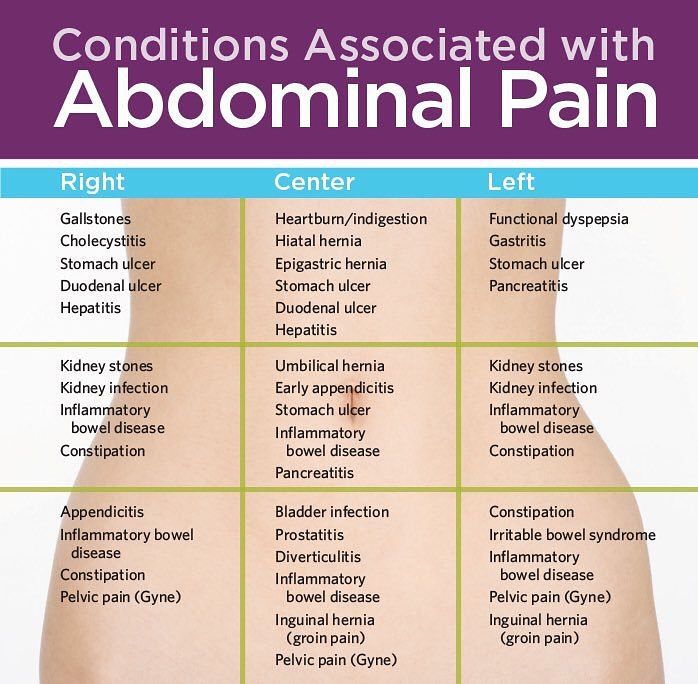 A pregnant woman may face many health problems that have never happened before. This is due to a change in the body, a lack of vitamins and nutrients, malnutrition, or other more serious problems.
A pregnant woman may face many health problems that have never happened before. This is due to a change in the body, a lack of vitamins and nutrients, malnutrition, or other more serious problems.
Any malaise and discomfort may indicate the development of any disease or nervous disorder. At any stage of pregnancy, a woman may experience such a problem as itchy skin, especially in the abdomen. This ailment brings severe discomfort, makes you nervous and worried about your health and the condition of the baby. nine0003
Causes of itching
Itching during pregnancy can occur for various reasons, but it is precisely its precise determination that will help to quickly and effectively eliminate the problem. Without knowing the cause of the ailment, it is quite difficult to cure it, so you need to consult a doctor for a consultation, examination and passing the necessary tests. The cause of itching of the body can be:
Itching during pregnancy can be cured only by knowing exactly the cause of its occurrence.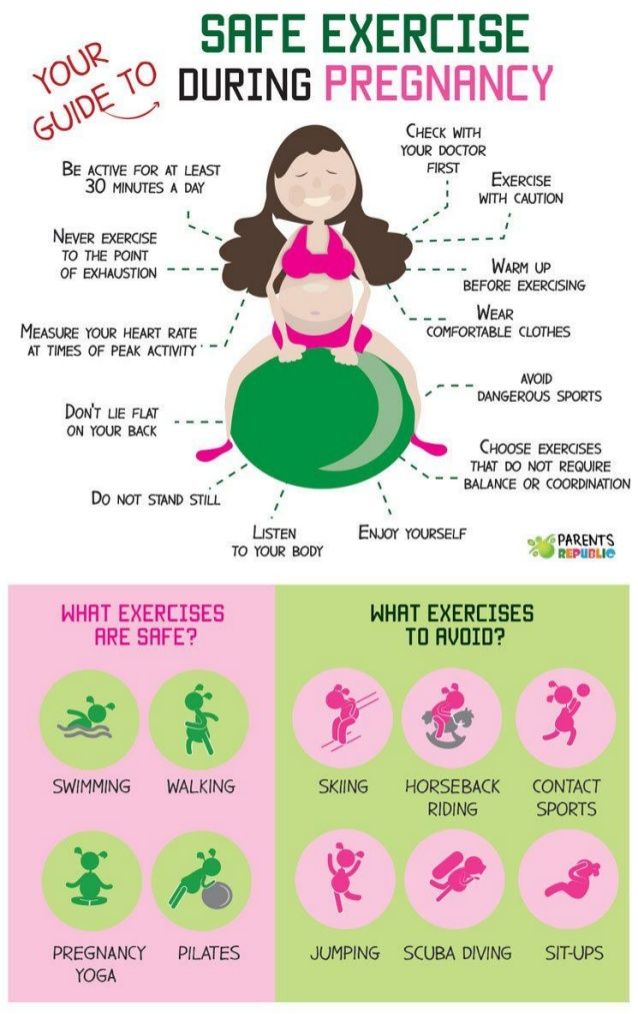
Treatment of malaise
If the first symptoms of itching appear all over the skin or in any areas other than the abdomen and chest, you should consult a doctor and immediately resort to prophylaxis. When skin itching occurs during pregnancy, it is necessary to follow some recommendations so as not to aggravate the condition:
Most pregnant women experience this problem, but it can occur for various reasons. It depends on the state of the body and the individual characteristics of each woman. Itching can be effectively cured only by eradicating the cause of its appearance, which only a specialist can handle. It is impossible to self-medicate, especially during pregnancy, as this can harm the development of the child and the health of the expectant mother. nine0003
A woman may experience various sensations during pregnancy. Some expectant mothers notice the appearance of skin itching. Many tend to consider it a harmless phenomenon that will go away on its own. But sometimes itching can be a symptom of dangerous diseases.
But sometimes itching can be a symptom of dangerous diseases.
Skin itching
Itching during pregnancy can manifest itself in different ways. Sometimes he worries a woman only in the morning or evening, but is able not to disappear throughout the day.
Symptoms are sometimes blurred, but more often the expectant mother clearly feels how her body itches during pregnancy. This gives her some discomfort and inconvenience. If the itching is very severe, the patient's skin may be scratched, sometimes to the point of blood. nine0003
In addition to this symptom, others may appear:
All these changes must be reported to the doctor, since the correct diagnosis depends on the completeness of the clinical picture.

Why does itching occur during pregnancy? nine0003
Reasons
Itching during pregnancy can occur for many reasons. Sometimes it is a sign of physiological processes, natural changes in the body of the expectant mother. In such situations, after childbirth, all discomfort disappears on its own.
But if itching is a symptom of the disease, it is necessary to establish a diagnosis and start treatment as soon as possible. This is not just a feeling of discomfort, it is a threat to the health of a woman and her child.
The most common causes of itchy skin during pregnancy include:
Abdominal and breast augmentation
During pregnancy, the abdomen and breasts increase significantly in size in a fairly short period of time. The skin is stretched and often begins to itch. The faster these changes occur, the more pronounced itching will be. nine0003
The skin is stretched and often begins to itch. The faster these changes occur, the more pronounced itching will be. nine0003
In the early stages, in the first trimester, discomfort occurs in the chest area, because it is the mammary glands that are the first to react to the birth of a new life. Due to the increased production of prolactin, the breast increases by 1-3 sizes.
Itching in the abdomen usually appears late in pregnancy - in the third trimester, closer to the expected date of delivery. In addition to it, stretch marks may appear on the body of the expectant mother. As a rule, they are clearly visible on the mammary glands, abdomen, thighs and buttocks. nine0003
If a woman is pregnant with twins or triplets, itching in the abdomen is much more common, as are skin changes.
Special cosmetic products for stretch marks will help get rid of discomfort throughout pregnancy.
Excessive dry skin
Some women are born with dry skin.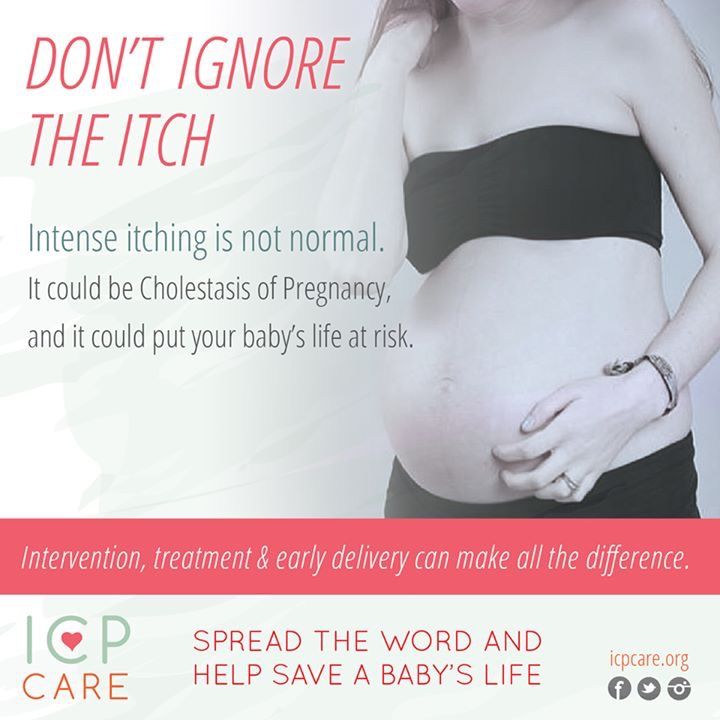 During pregnancy, this feature of the body can intensify and manifest as painful itching.
During pregnancy, this feature of the body can intensify and manifest as painful itching.
Often dry skin itches after a hot bath, as well as in unventilated rooms where the temperature reaches 24-25°.
In winter, this symptom is more pronounced due to sudden changes in temperature outside and in the apartment. In addition, not many resort to humidifying the air in the apartment, although this method is an excellent prevention not only of itching, but also of acute respiratory diseases.
If a pregnant woman overheats, she may develop common prickly heat, which will itch her back, chest or stomach. Often it is accompanied by reddening of the skin and characteristic rashes. nine0003
Prevention of itching in case of excessive dryness of the skin is the use of special creams and humidification of the air.
Vitamin deficiency
When carrying a child, the need for vitamins increases, and their consumption increases. If the future mother had hypovitaminosis before, during pregnancy, the clinical manifestations of this pathology will become noticeable.
Vitamins A and E are responsible for the health of the skin. Their deficiency leads to dryness of the mucous membranes and skin, painful itching, and the appearance of small cracks. nine0003
The hands and feet are often the first to be affected. Expectant mothers may notice how itchy legs during pregnancy. The skin in these areas begins to peel off, especially between the fingers. Then cracks form there.
Untreated hypovitaminosis can cause a lot of suffering to a woman, so it is important to take the appropriate drugs even before conception and in the first trimester. They are prescribed only by a doctor.
Allergy
Allergies are a very common cause of itchy skin during pregnancy. It can be a reaction to the food you eat - for example, exotic fruits. But there is also an allergy to washing powder, detergents, body cosmetics. In such a situation, the body and hands are usually affected. nine0003
This pathology is easy to suspect.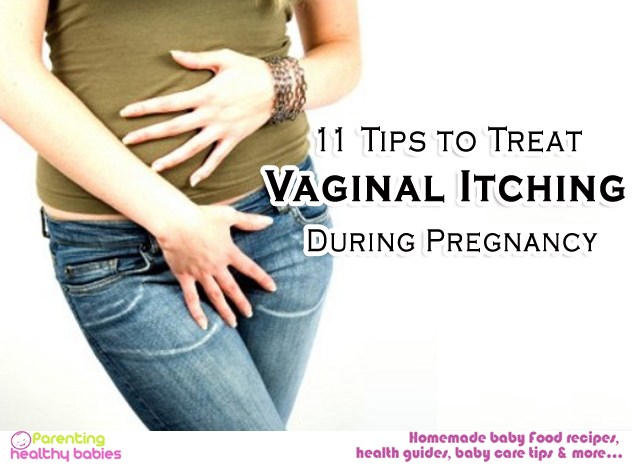 Allergic reactions are accompanied not only by itching, but also by redness of the skin and the appearance of a variety of rashes on it - from ordinary urticaria to huge blisters. In addition, with a detailed survey, it is almost always possible to find out the relationship between unpleasant symptoms and a causative factor.
Allergic reactions are accompanied not only by itching, but also by redness of the skin and the appearance of a variety of rashes on it - from ordinary urticaria to huge blisters. In addition, with a detailed survey, it is almost always possible to find out the relationship between unpleasant symptoms and a causative factor.
Allergic reactions should only be treated by a specialist.
Skin diseases
During pregnancy, do not forget about skin diseases. They occur both early and late. Most often, the following pathologies lead to the appearance of itching:
Each of these diseases is manifested by a number of unpleasant symptoms. Therefore, if any rashes on the skin, erosions or cracks, weeping, blisters appear, it is necessary to urgently contact a dermatologist.
Some skin diseases have characteristic signs that make it possible to suspect the diagnosis even before going to the doctor. nine0003
nine0003
So, foot fungus most often settles between the toes. If redness, an unpleasant odor and severe itching appear in this area, it is most likely that a fungal infection is taking place.
Itching with scabies is difficult to confuse with any other. It is very strong, patients with this disease can comb the body to the blood. However, his appearance in the evening, before going to bed, when the expectant mother is in bed, suggests scabies.
The scabies mite actually responds to changes in ambient temperature. In warmth (when a person is under a blanket), its activity increases significantly, and the itching intensifies. In addition, at the same time, characteristic - paired - rashes appear on the skin. nine0003
Self-treatment for skin diseases is unacceptable, consultation with a dermatologist is necessary.
Diseases of the liver and biliary tract
During pregnancy, a phenomenon called intrahepatic cholestasis is often observed. At the same time, stagnation of bile in the hepatic ducts is noted. Pathology can be diagnosed according to three criteria:
At the same time, stagnation of bile in the hepatic ducts is noted. Pathology can be diagnosed according to three criteria:
Intrahepatic cholestasis occurs in 0.5-1.5% of cases. Sometimes it is manifested by jaundice, but, as a rule, its intensity is not expressed.
Usually in this pathology itching has characteristic features. It begins after 25-26 weeks of gestation and is primarily noted in the area of the feet and hands. Then the discomfort moves to the stomach, back and shoulders. At night, the discomfort intensifies.
In more rare cases, these symptoms are evidence of inflammatory processes in the digestive system - hepatitis and cholecystitis. nine0003
Mild forms of intrahepatic cholestasis do not require treatment, in severe cases antihistamines, antioxidants, vitamin C are prescribed.
